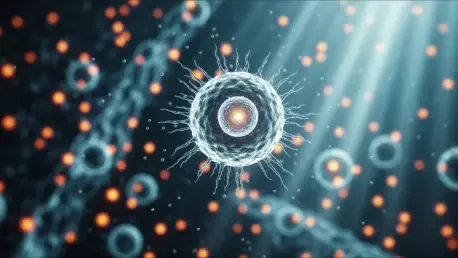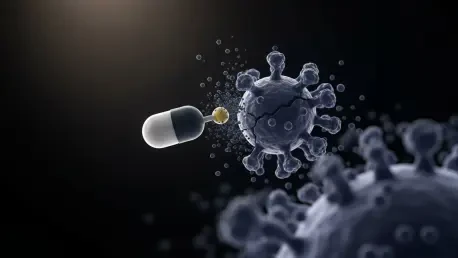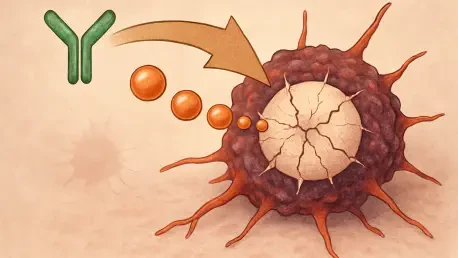
The perplexing and often heartbreaking phenomenon of cancer recurrence following initially successful treatment has long been a central challenge in oncology, driving a significant number of cancer-related fatalities worldwide. Patients and clinicians are frequently confronted with the reality that

Today, we have the privilege of speaking with Ivan Kairatov, a biopharma expert with extensive experience in oncology research and development. We'll be dissecting the groundbreaking results from the HER2CLIMB-05 trial, a study that introduces a significant potential shift in the first-line

An extensive analysis of a recent international study highlights a significant advancement in treating early-stage, hormone receptor (HR)-positive, HER2-negative breast cancer, which is the most common subtype affecting approximately 70% of all patients. The landmark lidERA clinical trial

In the persistent and complex war against cancer, one of the greatest hurdles has always been the enemy's cunning ability to evade destruction, but a newly unveiled biological process, termed triaptosis, offers a groundbreaking strategy to circumvent this resistance by inducing a novel form of

The biopharmaceutical sector is at a critical inflection point where groundbreaking scientific potential is met with unprecedented economic and regulatory pressures, reshaping the very definition of medical innovation. A convergence of advanced technologies, massive capital investments, and

The human immune system operates as a phenomenally powerful and precise biological defense force, armed with an arsenal of cells and molecules capable of seeking out and annihilating a vast array of pathogens. Yet, this incredible power raises a profound and once-unanswered question: what prevents